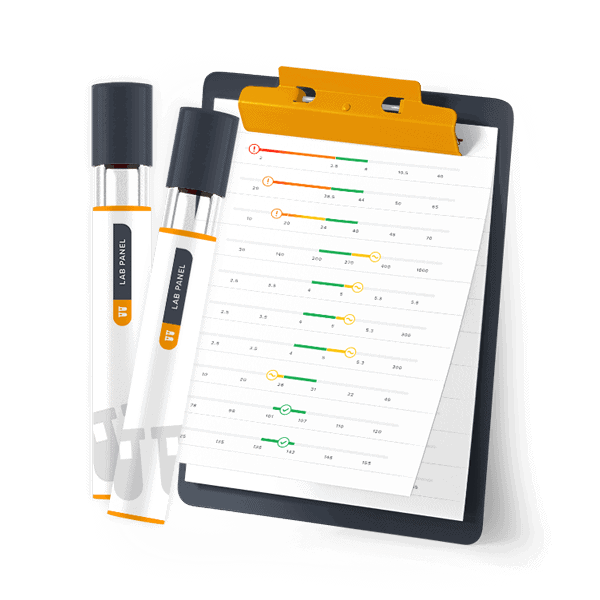Cystatin C with Glomerular Filtration Rate, Estimated (eGFR)
Cystatin C is a non-glycosylated, low molecular weight (13,250 kD) cysteine proteinase inhibitor that is produced by all nucleated cells and found in body fluids, including serum. Since it is formed at a constant rate and freely filtered by the kidneys, its serum concentration is inversely correlated with the glomerular filtration rate (GFR); that is,high values indicate low GFRs while lower values indicate higher GFRs, similar to creatinine. The renal handling of cystatin C differs from creatinine. While both are freely filtered by glomeruli, once it is filtered, cystatin C, unlike creatinine, is reabsorbed and metabolized by the proximal renal tubules. Thus, under normal conditions, cystatin C does not enter the final excreted urine to any significant degree. The serum concentration of cystatin C remains unchanged with infections, inflammatory or neoplastic states, and is not affected by body mass, diet, or drugs. Thus, cystatin C may be a more reliable marker of renal function (GFR) than creatinine.GFR can be estimated (eGFR) from serum cystatin C utilizing an equation which includes the age and gender of the patient. The CKD-EPI cystatin C equation was developed by Inker et al, and demonstrated good correlation with measured iothalamate clearance in patients with all common causes of kidney disease, including kidney transplant recipients. Cystatin C eGFR may have advantages over creatinine eGFR in certain patient groups in whom muscle mass is abnormally high or low (for example quadriplegics, very elderly, or malnourished individuals). Blood levels of cystatin C also equilibrate more quickly than creatinine, and therefore, serum cystatin C may be more accurate than serum creatinine when kidney function is rapidly changing (for example amongst hospitalized individuals).
$67.50Price for members $33.75
